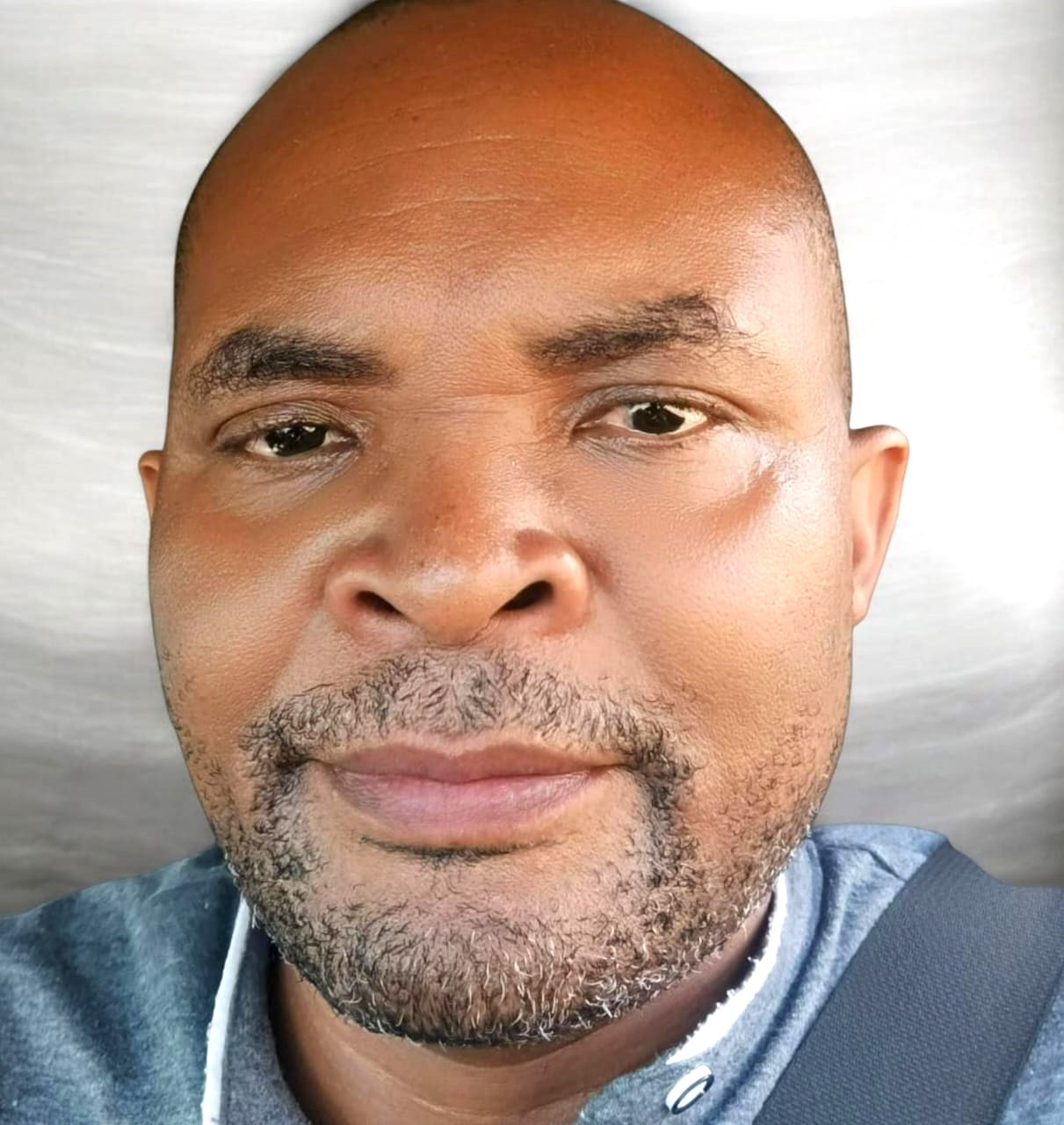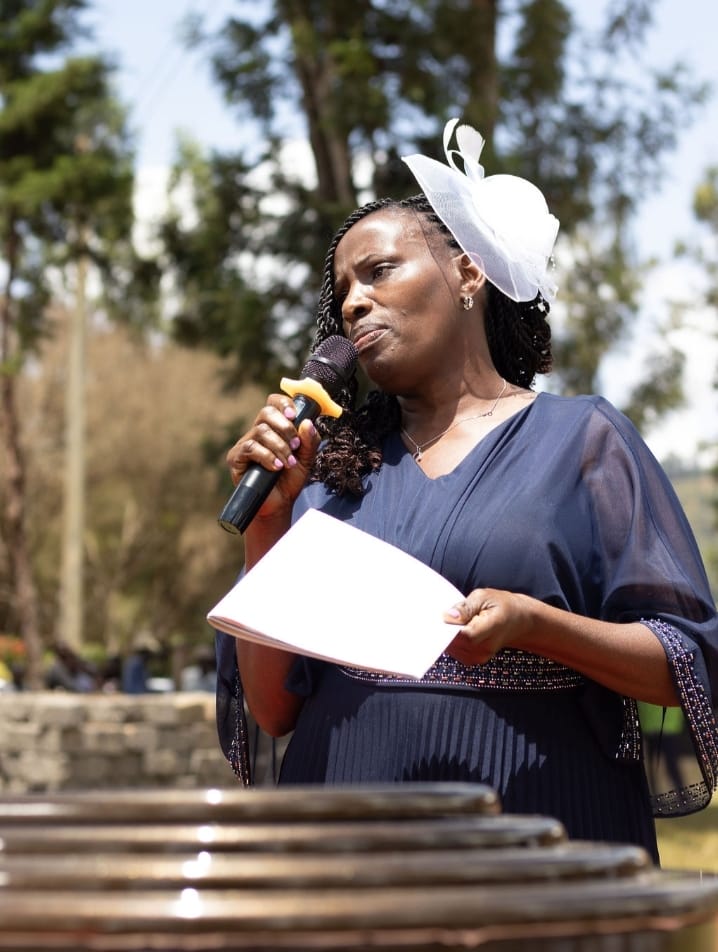I am reading a spiritual book: ‘Praying the Scriptures,’ by Judson Cornwall, and I feel I need to share his blessings with you this Sunday. The phrase ‘Prayer is as natural to a person as crying is to a baby’ caught my attention. It has given me a whole new meaning of prayer. Interesting perspective.
It means that prayer is an instinctive, deeply human response—just like a baby’s cry for comfort, help, or attention. When life overwhelms us, when we feel grateful, afraid or in need, we naturally turn to something higher than ourselves. Just as a baby cries because it trusts that someone will respond, a person prays because they believe that God listens and cares.
Prayer is one of humanity’s oldest and most instinctive acts. Long before formal religions were established, people lifted their eyes, hearts, and voices toward the heavens in search of help, guidance and hope. It is often said that prayer is as natural to a person as crying is to a baby—and this comparison captures the very essence of what it means to be human.
A baby does not need to be taught how to cry. The moment it enters the world, its cry is both a declaration of life and a call for connection. That cry draws attention, evokes love, and brings comfort. In the same way, prayer wells up naturally from the soul. It is the spirit’s cry for connection with its Creator – the One who gave it life and continues to sustain it. Just as a baby cries because it trusts that someone will respond, prayer springs from a deep-seated faith that God listens and cares.
When life becomes overwhelming, when burdens grow heavy, or when joy floods the heart, the human instinct is to pray. Even those who seldom set foot in places of worship find themselves praying in moments of crisis or gratitude. It is an act that transcends culture, language and age. Whether whispered in the darkness of despair or sung in thanksgiving, prayer reminds us that we are not alone in the universe.
Consider a baby’s cry again -it is raw, sincere and without pretense. The infant does not rehearse the cry or worry about whether it sounds eloquent enough to move its parents. It simply expresses what it feels. That is exactly how prayer should be. True prayer is not measured by the choice of words or the length of time spent praying. It is the honest outpouring of the heart before God. Sometimes prayer is a single word: Help. Sometimes it is a sigh, a tear or silence filled with meaning.
Throughout the Bible, we see this natural instinct to pray demonstrated in powerful ways. The Psalmist cries, “Out of the depths I cry to you, O Lord!” (Psalm 130:1). Hannah pours out her soul in silent anguish before the Lord (1 Samuel 1:10–13). Jesus Himself, in the Garden of Gethsemane, prays in deep agony, showing that prayer is not about formality but about relationship. These examples remind us that prayer is not about performance – it is about presence. It is about turning one’s face toward God, trusting that He hears and understands.
Prayer is also an act of dependence. Just as a baby cannot meet its own needs and must cry for food, warmth, or comfort, so too do we rely on God for sustenance, direction and grace. Every time we pray, we acknowledge that we cannot do life on our own. We confess our limitations and embrace our need for divine help. This humility is not a sign of weakness but of wisdom – it recognizes that strength and peace come from beyond ourselves.
READ ALSO:
MoE assures KCSE exams in Marakwet East will proceed despite landslide tragedy
In our fast-paced and self-sufficient world, the simplicity of prayer often feels neglected. Many imagine prayer as an activity for the overly religious or as a last resort when all else fails. Yet prayer is far more than that. It is a conversation that can happen anywhere – while walking, driving, working or resting. It is a spiritual breathing that keeps the soul alive and alert. Without prayer, the human heart easily becomes dry and weary; with it, we find renewal and direction.
Prayer is also a bridge that connects the seen and unseen worlds. It lifts our minds above our immediate troubles and reminds us of the eternal perspective. When we pray, we are reminded that there is more to life than the present moment, that there is a loving hand guiding history and that our struggles are not in vain. Prayer transforms anxiety into trust and confusion into clarity.
Just as crying brings relief to a baby, prayer brings healing to the heart. It allows us to release our fears, confess our sins and receive God’s peace. After genuine prayer, one often feels lighter – not because problems have disappeared, but because we have placed them in hands far stronger than ours. The act of prayer itself reshapes the soul, instilling patience, gratitude and resilience.
Moreover, prayer is not only about asking – it is also about listening. A baby cries and then pauses, waiting for a response. In that silence, comfort comes. Likewise, prayer is a two-way exchange. When we quiet our hearts after speaking to God, we make room for His still, small voice. Through Scripture, through peace in our spirits or through circumstances, God speaks. Many people miss the beauty of prayer because they only cry but never pause to listen.
Every human being, regardless of faith or background, feels that deep inner tug toward prayer at some point. It might happen in moments of danger, gratitude or awe. That universal instinct is evidence that we were created for relationship with God. Just as the baby’s cry points to the presence of a parent, the human desire to pray points to the reality of a loving Creator who listens.
In the end, prayer is not an obligation – it is a gift. It is the natural language of the soul, the heart’s way of reaching out to the divine. It affirms that we are not alone and that life has meaning beyond what we can see.
So pray, not because you are told to, but because you were made to. Pray when words come easily and when they do not. Pray in joy and in sorrow, in confusion and in clarity. For prayer, like a baby’s cry, is the surest sign of life – a sacred reminder that someone greater is listening, caring and responding.
By Ashford Kimani
Ashford teaches English and Literature in Gatundu North Sub-county and serves as Dean of Studies.
You can also follow our social media pages on Twitter: Education News KE and Facebook: Education News Newspaper for timely updates.
>>> Click here to stay up-to-date with trending regional stories
>>> Click here to read more informed opinions on the country’s education landscape
>>> Click here to stay ahead with the latest national news.






